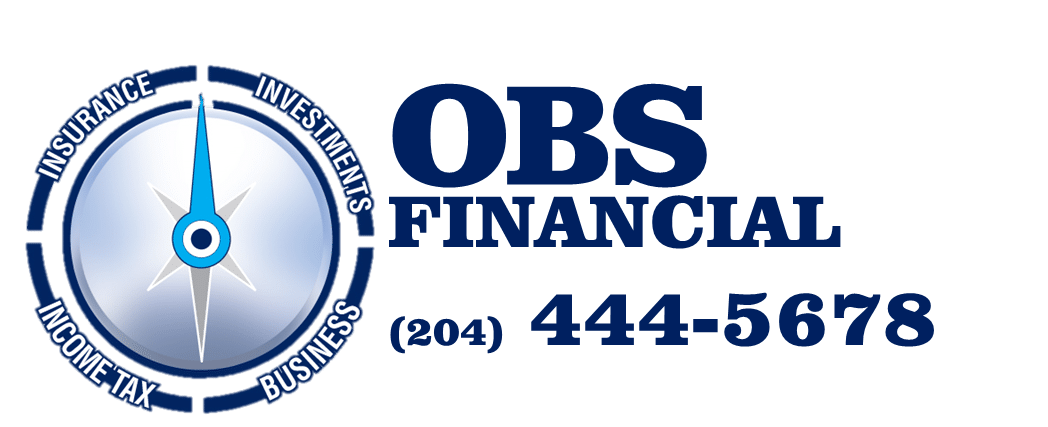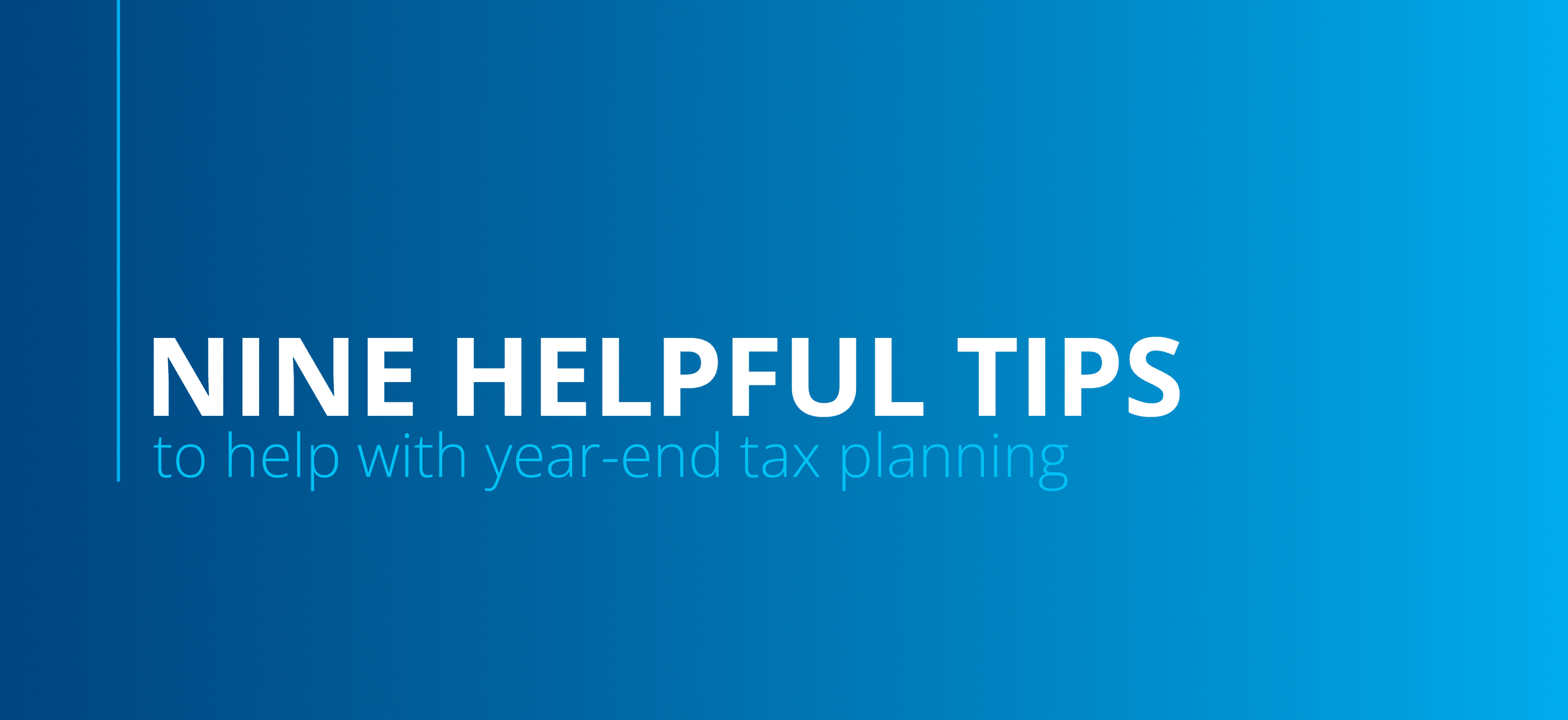As the year winds down, it’s the perfect time to turn our attention to year-end tax planning. November and December provide a window of opportunity to make strategic financial moves that can positively impact your tax return. Here’s a quick guide for personal finances, of things to consider as you get ready for the personal tax year-end.
1) Maximize Deductions
Evaluate your expenses and consider whether it makes sense to make certain payments this year rather than the next. Timing can be crucial in maximizing your deductions.
2) Medical Expenses
Take advantage of medical expense deductions. Consider topping up medications in November and December instead of waiting until January. If you have dental work that needs to be done, getting it finished before year-end can also be a tax-savvy move.
3) Annual Benefits
Ensure you’ve used up your annual benefits, especially if they don’t carry over into the next year. Don’t let those benefits go to waste; make the most of what you’re entitled to.
4) Charitable Donations
If you’re planning to make charitable donations, make them before December 31 to claim the tax credits in the current tax year, and be sure to get tax receipts for your donations.
5) Capital Gains and Losses
Review your investments and consider selling off losses to offset capital gains. Reinvest strategically to optimize your portfolio.
6) Plan for the Future
Familiarize yourself with the new First Home Savings Account (FHSA). While the deadline for tax-deductible savings is December 31 (not February 29), opening an account now allows you to start carrying over annual deduction limits. Develop a 5-year plan to leverage government contributions for your down payment.
7) Be Tax Conscious about your Savings accounts and Non-Registered Investments
With interest rates on the rise, Talk to your financial advisor about how a TFSA can save you money. (TFSA).
Did you know that non-registered investments can also be held in a Tax-Free Savings Account (TFSA)?
Taking advantage of the TFSA benefits is easy to do and can help you minimize or even eliminate taxation on your passive income. Your wealth management advisor can help you make the most of these strategies.
8) Income Planning
For retirees, capitalize on Registered Retirement Income Fund (RRIF) payments to bring you to the top of your current tax bracket. Consult with your wealth management advisor to build an income plan for 2024.
9) Students and RESP Income
Students can optimize their tax situation by looking at their income and taking out excess Registered Education Savings Plan (RESP) income based on tax exemptions. Consider putting these funds into a TFSA for the following year.
Getting ready for the personal tax year-end involves strategic planning and thoughtful consideration of your financial situation. By making informed decisions in November and December, you can optimize your deductions, plan for the future, and set yourself up for financial success in the coming year. Remember, early planning can lead to significant tax savings and a more secure financial future.
Want to get ahead of tax time? Contact OBS Financial for a FREE consultation at 204-444-5678 or investments@obstax.com. We can assist, and provide best advice tailored to you – so you can get the most out of your taxes.
Follow OBS Financial on Instagram (@obsfinancial) or on Facebook by searching OBS Financial – Oakbank for helpful tips, friendly reminders, and up-to-date information on new tax information.
This information does not constitute legal, tax or other professional advice. Information is believed to be accurate, but accuracy is not guaranteed.

